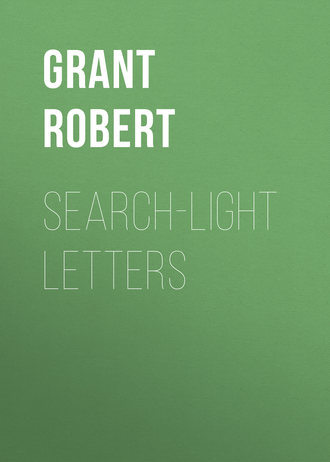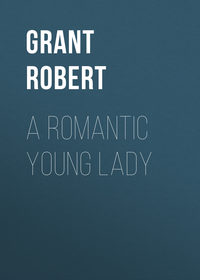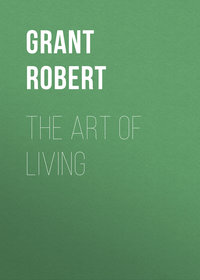Search-Light Letters
 полная версия
полная версияSearch-Light Letters
Жанр: юмористическая литератураюмористическая прозазарубежная классиказарубежная старинная литературалитература 19 века
Язык: Английский
Год издания: 2017
Добавлена:
Настройки чтения
Размер шрифта
Высота строк
Поля



